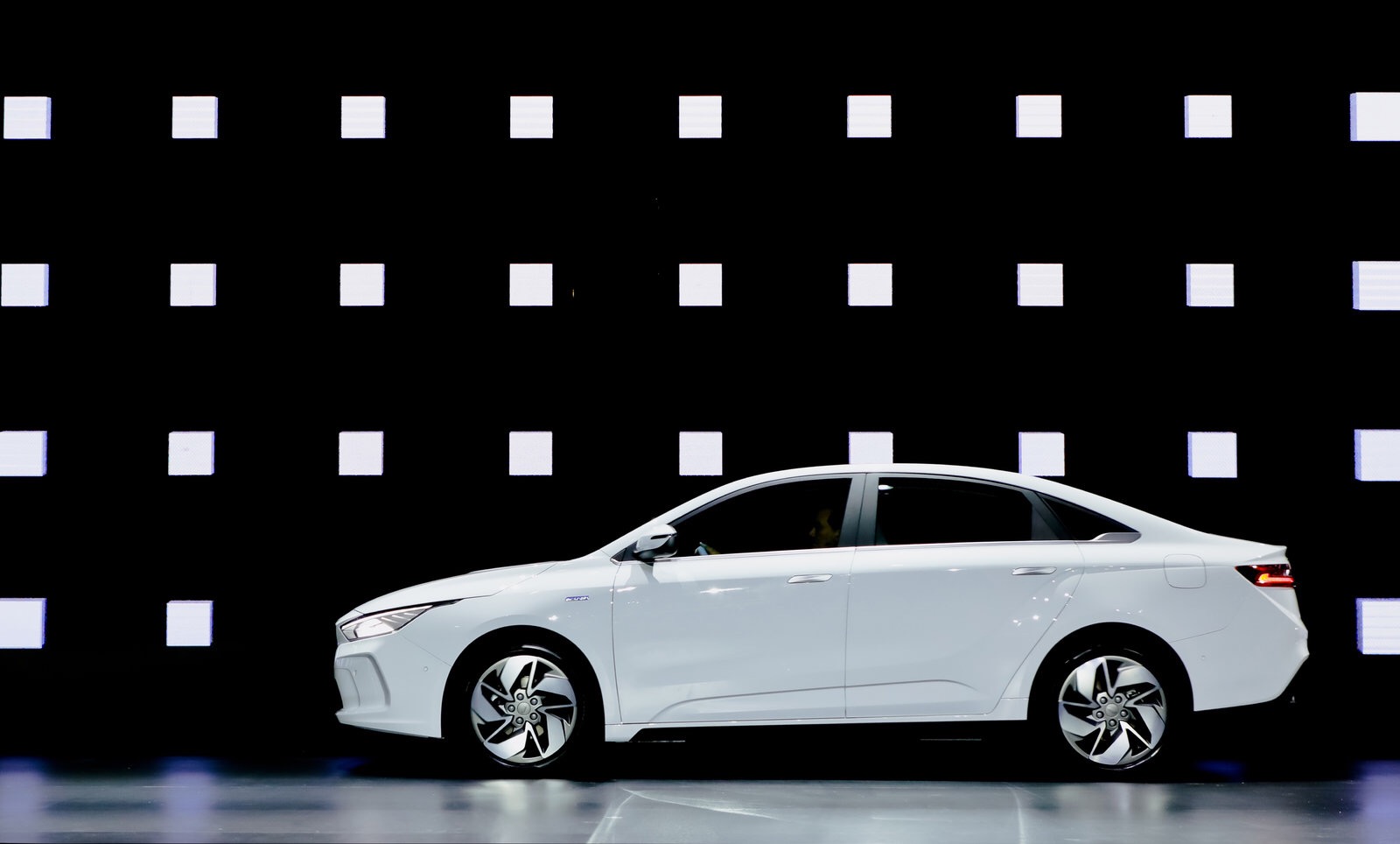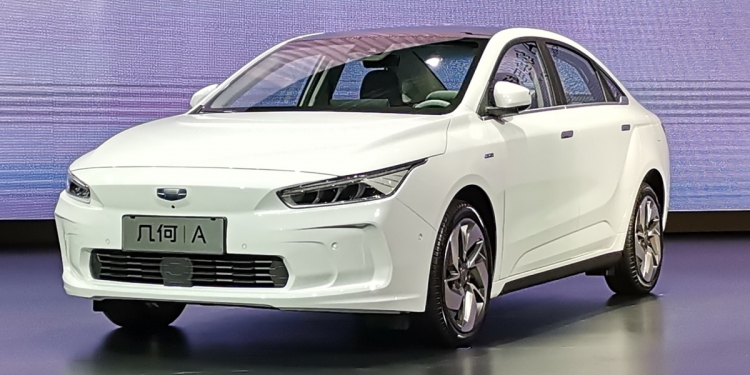While sales of hybrid and fully electric vehicles are increasing in other parts of the world, it seems that Malaysia is still lacking the incentives, infra and support structure to promote the large-scale use of what many deem the more environmentally friendly modes of transport.

One of the questions raised in the Dewan Negara session yesterday (22 April) was about initiatives to promote the usage of hybrid and fully electric vehicles in the country. The question was asked by Senator Dato’ Sri Khairudin Samad to Deputy Transport Minister Dato’ Kamarudin Jaffar:
“Will the government continue to provide tax incentives for electric and hybrid vehicles, and how long will this incentive be given because we want to encourage more electric and hybrid vehicles in our country so we can reduce the use of carbon cars,” YB Khairuddin asked.
YB Kamarudin responded that there are currently a number of initiatives in place from other ministries to promote the used of hybrid and fully electric vehicles but he didn’t elaborate on what these initiatives are. He did, however, highlighted the incentives offered by the ministry of transport which is a 50% road tax exemption for electric and plug-in hybrid vehicles.
Currently, road tax for fully electric vehicles in Malaysia is between RM10 – RM50 depending on the type of vehicle. Road tax for hybrid vehicles, on the other hand, are charged based on the vehicle’s engine capacity.
Road tax rates based of electric power output
Recently, rumours have surfaced indicating that the government is considering implementing road tax charge based on the power output of an electric vehicle and based on the rates, it may be likely that electric vehicles owners might have to pay a lot more for road tax.
How much more? Well, Paul Tan estimates that the power output based road tax rate could cost RM374 per year for the latest generation Nissan Leaf or as much as RM4,264 for a Tesla Model S (S85) and over RM8,800 for the all-electric Porsche Taycan sports car.
Clearly, a 50% exemption on road tax alone won’t be enough to kick-start the fully electric vehicle market in Malaysia.
Global sales of hybrid and fully electric vehicles are on the rise. According to McKinsey, in 2017 alone, global sales of new electric vehicles passed the 1 million mark. The research firm is expecting that by 2020, 4.5 million electric vehicles will be sold or about 5% of the overall global light-vehicle market.
In Malaysia, a total of 5,403 fully electric vehicles and 46,981 plug-in hybrid vehicles were registered as at March 31 this year.
Import tax exemptions for EEV
Import tax exemptions for electric and hybrid vehicles (both imported and locally assembled) were introduced in 2011 to promote the use these vehicles in the country but these have been phased with exemptions for imported electric vehicles being the last to go on 31 December 2017.
However, locally assembled fully hybrid and electric vehicles still enjoy import tax exemptions but it is worth pointing out that as far as I can tell, there are no locally assembled fully electric vehicles in Malaysia. It’s also interesting to note that the exemption is for what the government considers as Energy Efficient Vehicles (EEV) which can include petrol or diesel vehicles so long as they meet a set fuel efficiency rating.
Since then, there has been very little development on new incentives for car buyers to go fully electric or hybrid other than savings in petrol cost and a lesser impact on the environment, even then, the cost of fully electric vehicles have been high considering that almost all fully electric vehicles are imported and that import tax on cars in Malaysia is between 65% and 105%.
Not enough
Even Geely, the company that partly owns Proton agrees that more needs to be done to incentivise the use of pure electric and hybrid vehicles in Malaysia.
Recently, at the launch of Geely’s fully electric car brand, Geometry, in Singapore, I had the opportunity to ask Victor Yang, Vice President of Public Relations of the Zhejiang Geely Holding Group about the company’s plan to sell fully electric cars in Malaysia, here’s what he has to say:
“It [electric cars] should be subsidised one way or another. Either you subsidise the facilities builder or you subsidise the battery or the supply chain, or you subsidise the OEM, or you subsidise the buyer
“I do not see that the Malaysian government has reached a consensus on this, to promote pure electric cars in a massive way.
As it stands, it is still unclear what the government’s plans are for hybrid and electric vehicles in Malaysia. Whatever the decision may be, I hope it will beneficial for those, like me, who are keen to go all-electric when it comes to their cars.
You can read the full transcript of the Dewan Negara session here.








